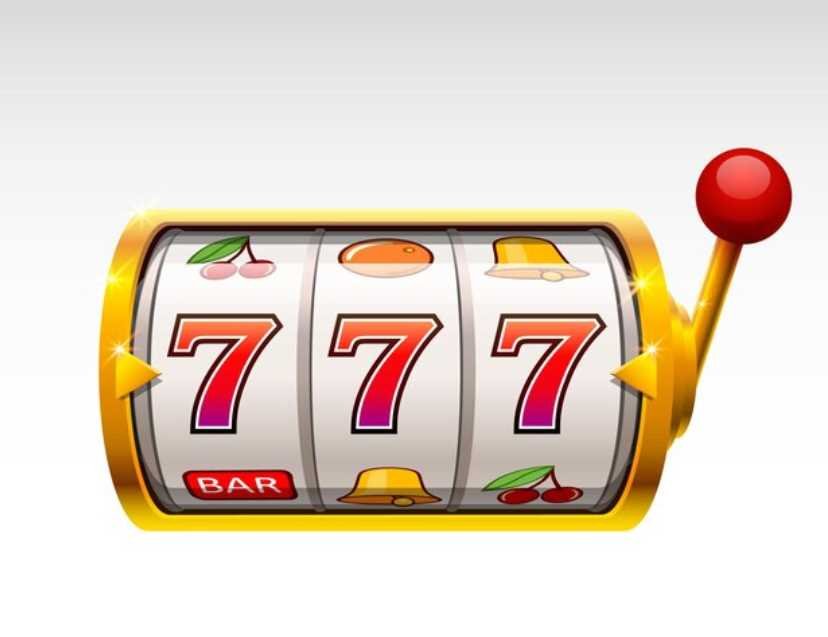By Terry Ashton, updated January 7, 2025
Slot games are a favorite for many casino enthusiasts, thanks to their simplicity and excitement. However, behind their colorful reels and captivating themes lies a carefully crafted mathematical structure that determines payouts and odds. Understanding the math behind slot games can help you make informed decisions and appreciate the intricacies of these games. Let’s delve into the key concepts and mechanics that shape slot game payouts and odds.
The Role of Mathematics in Slot Games
Slot games rely on mathematical algorithms to ensure fairness and randomness in outcomes. Developers use these principles to balance the potential for payouts with the casino’s profit margin, creating a game that is both entertaining and profitable.
Key Mathematical Concepts
- Random Number Generator (RNG):
- The RNG ensures that every spin’s outcome is completely random and independent of previous spins.
- It generates thousands of numbers per second, each corresponding to a specific symbol combination.
- Return to Player (RTP):
- RTP is the percentage of total bets a slot machine pays back to players over time. For example, a game with an RTP of 96% theoretically returns $96 for every $100 wagered.
- The remaining percentage represents the house edge.
- Volatility:
- Also known as variance, volatility measures the risk level of a slot game.
- High volatility slots offer large but infrequent payouts, while low volatility slots provide smaller, more consistent wins.
How Slot Payouts Are Calculated
Slot payouts are determined by the paytable, which outlines the value of each symbol and combination. The payout for a winning spin depends on several factors.
Payout Calculation Formula
The basic formula for calculating payouts is:
Payout = (Bet Amount × Payline Multiplier)
For example:
- If you bet $1 per line and hit a combination with a 50x multiplier, your payout would be $50.
Influence of Paylines and Bet Size
- Active Paylines: More active paylines increase your chances of hitting a winning combination but require a higher total bet.
- Bet Size: Larger bets yield larger payouts since winnings are proportional to the amount wagered.
Understanding Slot Odds
Slot odds refer to the likelihood of landing specific symbol combinations. Unlike table games, where odds are transparent, slot odds are determined by the RNG and the game’s design.
Factors Influencing Odds
- Reel Setup:
- The number of reels and symbols per reel affects the total possible combinations.
- For a 3-reel slot with 10 symbols per reel, there are 10 × 10 × 10 = 1,000 possible combinations.
- Weighted Symbols:
- Some symbols appear more frequently than others, influencing the likelihood of landing high-value combinations.
- Bonus Features:
- Features like free spins and multipliers add complexity to the odds calculation but also increase winning potential.
House Edge and Player Advantage
The house edge represents the casino’s advantage, calculated as the complement of the RTP. For example, a slot gacor with a 96% RTP has a 4% house edge.
Implications for Players
- The house edge ensures the casino profits over time, but players can still win in the short term.
- Choosing games with a higher RTP reduces the house edge and increases your long-term potential returns.
Probability and Jackpot Odds
Single Spin Probability
To calculate the probability of landing a specific combination, divide the number of winning combinations by the total possible combinations.
For example:
- If a slot has 1,000 possible combinations and 10 are winning, the probability is 10/1,000 = 1%.
Jackpot Odds
Jackpot slots typically have much lower odds due to their massive payouts. For progressive jackpots, the odds of winning can be as low as 1 in several million.
Strategies to Maximize Returns
While slot games are primarily based on luck, understanding the mathematics can help you make better choices.
1. Choose High RTP Games
Opt for slots with an RTP of 95% or higher to increase your chances of winning over time.
2. Consider Volatility
- Play high-volatility slots if you’re seeking large payouts and can handle longer losing streaks.
- Choose low-volatility slots for consistent, smaller wins.
3. Bet Strategically
Adjust your bet size and paylines to match your budget. Activating more paylines increases your chances of winning but requires a higher total wager.
4. Take Advantage of Bonuses
Use free spins, welcome bonuses, and promotions to extend your playtime without additional costs.
The Balance Between Chance and Design
The math behind slot games strikes a delicate balance between randomness and controlled payouts. RNG technology ensures fair outcomes, while RTP and volatility create an engaging and rewarding player experience.
Conclusion
The mathematics behind slot game payouts and odds reveals the intricate systems that govern these games. While luck is the primary factor in determining outcomes, understanding concepts like RTP, volatility, and probabilities can enhance your gaming experience and help you make informed decisions.
